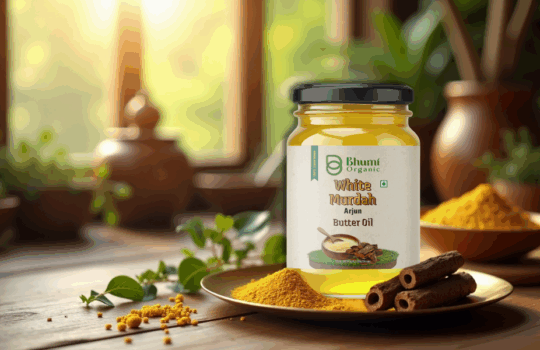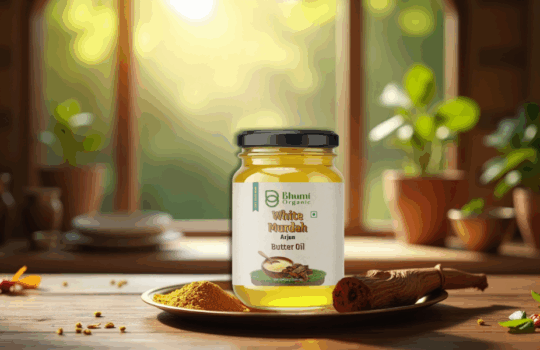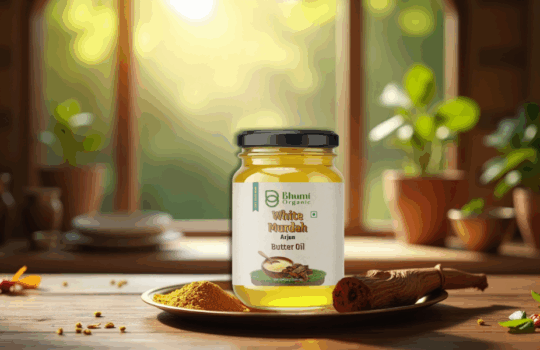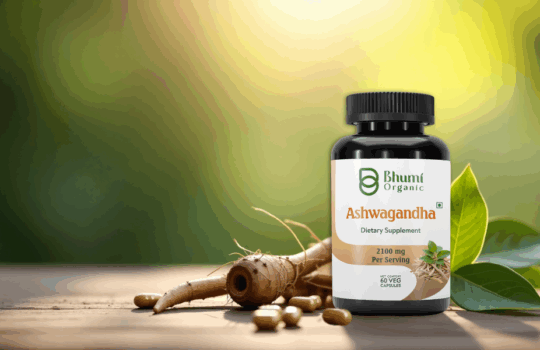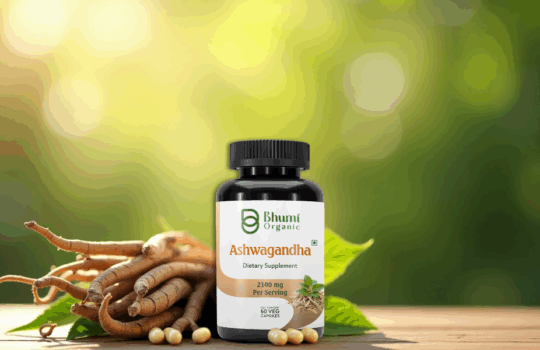Turmeric: Everything You Need to Know About Its Use and Advantages
Turmeric, a vibrant yellow spice, has been used for centuries in traditional medicine and culinary practices. Here’s everything you need to know about turmeric, its uses, and potential advantages:
1. Botanical Background:
- Scientific Name: Curcuma longa
- Family: Zingiberaceae (Ginger family)
- Active Compound: Curcumin
2. Culinary Uses:
- Flavor Profile: Turmeric has a warm, bitter taste and is a key ingredient in many curry blends. It adds a distinct yellow color to dishes.
- Common Dishes: Widely used in Indian, Middle Eastern, and Southeast Asian cuisines. It’s a staple in curries, stews, rice dishes, and more.
3. Traditional Medicine:
- Ayurveda: In traditional Indian Ayurvedic medicine, turmeric is valued for its potential to balance doshas. It has been used for various ailments, including digestive issues and inflammatory conditions.
4. Active Compound – Curcumin:
- Anti-Inflammatory: Curcumin, the main active compound in turmeric, has anti-inflammatory properties. It may help reduce inflammation and is studied for its potential role in managing inflammatory conditions.
5. Health Advantages:
- Antioxidant Properties: Turmeric exhibits antioxidant activity, helping neutralize free radicals that contribute to aging and various diseases.
- Joint Health: Some studies suggest that turmeric may support joint health and alleviate symptoms of conditions like osteoarthritis.
- Digestive Aid: Traditionally used to aid digestion and soothe digestive discomfort.
6. Bioavailability Challenges:
- Curcumin Absorption: The bioavailability of curcumin is low. Consuming turmeric with black pepper, which contains piperine, may enhance absorption.
7. Supplement and Tea Forms:
- Supplements: Curcumin supplements are available, often with added black pepper extract. They are used for various health purposes.
- Turmeric Tea: Enjoyed for its potential health benefits, turmeric tea is a popular beverage. It often includes ginger, black pepper, and honey.
8. Skincare:
- Anti-Inflammatory for Skin: Applied topically, turmeric may have anti-inflammatory effects beneficial for certain skin conditions.
9. Precautions:
- Staining: Turmeric can stain clothing and surfaces, so caution is advised when using it in cooking or as a face mask.
- Interaction with Medications: Individuals taking medications should consult healthcare professionals due to potential interactions.
10. Research Areas:
- Ongoing Studies: Research on turmeric and curcumin is ongoing, exploring potential benefits for conditions like cancer, Alzheimer’s disease, and cardiovascular health.
11. Culinary Tips:
- Golden Milk: Make a soothing turmeric latte by mixing turmeric with warm milk, black pepper, and sweeteners like honey.
- Curry Blends: Use turmeric in homemade curry blends for vibrant color and flavor.
12. Choosing Quality Turmeric:
- Whole Turmeric: Choose whole, organic turmeric when possible. Powdered turmeric is also convenient for culinary use.
- Supplements: When selecting curcumin supplements, look for high-quality products with added piperine for enhanced absorption.
Conclusion:
Turmeric is a versatile spice with a rich history and potential health benefits. While it’s a flavorful addition to culinary creations, individuals interested in its health advantages may explore turmeric in various forms, including supplements and teas. As with any dietary addition or supplement, it’s advisable to consult healthcare professionals, especially for those with existing health conditions or taking medications.
Related Articles
Categories
Recent Comments
Recent Posts
Tags
A2 milk Aged garlic Anti-inflammatory Ayurvedic medicine Bilona method Black garlic bread Black garlic chicken Black garlic extract Black garlic hummus Black garlic mayonnaise Black garlic oil Black garlic paste Black garlic powder Black garlic recipes Black garlic salt Black garlic seasoning Black garlic shrimp Black garlic steak Black garlic supplements Black garlic tofu Black garlic vinegar Butyric acid Conjugated linoleic acid (CLA) Cooking oil alternative Digestive health Fat-soluble vitamins Fermented garlic Gir cow Grass-fed cows Gut bacteria Health benefits Health benefits of black garlic Natural ghee Nutritious fat Omega-6 fatty acid Organic ghee Pure butterfat Pure ghee Rich flavour Roasted garlic Spread alternative Sweet garlic Traditional churning method Traditional Indian ghee Umami flavour

